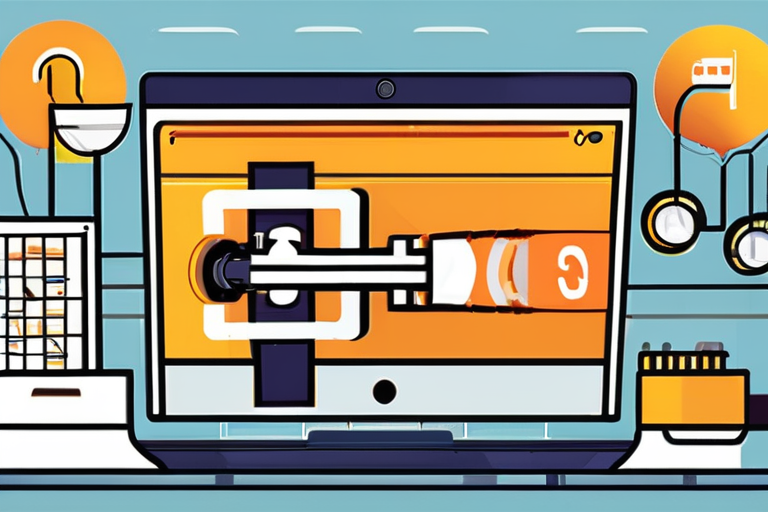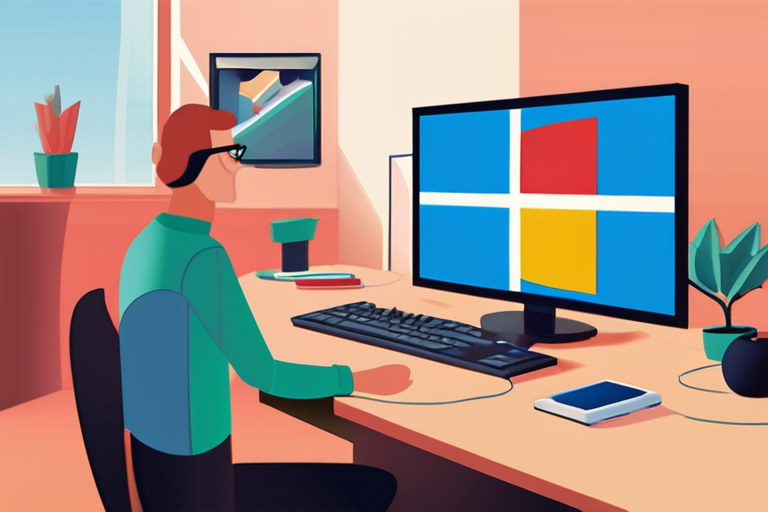Windows 11 Upgrade Not Required: What You Need to Know Before Making a Decision


Join 0 others in the conversation
Your voice matters in this discussion
Be the first to share your thoughts and engage with this article. Your perspective matters!
Discover articles from our community

 Hoppi
Hoppi

 Hoppi
Hoppi

 Hoppi
Hoppi

 Hoppi
Hoppi

 hoppi
hoppi

 Hoppi
Hoppi

Windows 10 Users Urged to Prepare for Microsoft Support Cutoff Microsoft has announced that it will cease supporting Windows 10 …

Hoppi

Windows 11 vs Windows 10: Key Differences Revealed Microsoft's latest operating system, Windows 11, has been met with both excitement …

Hoppi

Windows 10 Users Urged to Update as Microsoft Ends Support Microsoft is ending support for its Windows 10 operating system, …

Hoppi

Microsoft Ends Support for Windows 10, Urging Users to Update to Windows 11 On October 14, Microsoft will end support …

Hoppi

Windows 10 Support Expiration Looms: Microsoft Offers Free Extension Microsoft's Windows 10 support is set to expire on October 14, …

hoppi

Time's Up on Windows 10: Upgrade to Windows 11 With One of These Laptops As of October 14, 2025, Microsoft …

Hoppi